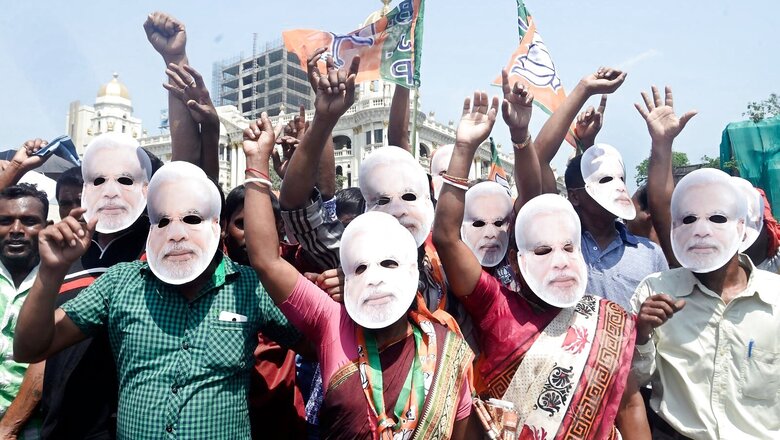
views
It will be a working 72nd birthday for Prime Minister Narendra Modi on Saturday as he heads to Madhya Pradesh to release eight African Cheetahs who are being translocated to India in a historic mission. Wishes have been pouring in from across the globe for PM Modi, with the BJP geared up to mark the milestone with the ‘Seva Pakhwara’ till October 2.
In his eight years as prime minister, Modi has often been hailed for his unmatched oratory skills, which have made him the darling of the masses. PM Modi’s ability to connect with people during election rallies is often credited with aiding the BJP’s victory march across the country.
On PM Modi’s birthday, News18 brings to you the most iconic slogans during the prime minister’s rule that have become a part of public memory:
‘Ab ki baar, Modi sarkar’
The slogan coined by ad man Piyush Pandey grabbed the attention of voters and helped the BJP win a huge victory in 2014. Pandey, while acknowledging the popularity of the catch-phrase in an interview with CNBC, said the work of party members will affect voters. “No election, no advertising campaign can win you an election, it is those people who work day in day out on the ground to keep contact with the likes of you and me,” he said.
However, such was its effectiveness that it was even used by then-presidential candidate Donald Trump: “Ab ki baar Trump sarkar” to woo Indian-American voters weeks before the US polls.
‘Har har Modi, ghar ghar Modi’
The slogan, modified from the ‘Har har Mahadev’ chant, gained popularity but also became the object of some controversy since its inception.
Explaining the genesis of the chant to The Hindu, then Uttar Pradesh BJP president Laxmikant Bajpai said it was created ‘by chance’ when then prime ministerial candidate Modi was addressing a Jhansi rally in 2013. “A party worker was casually raising the slogan. I liked it and adopted it. It quickly became popular among the cadres,” he said.
As Hindu seers and opposition parties objected to the slogan, Modi himself asked his supporters to refrain from using it in 2014. “Some enthusiastic supporters have been using the slogan ‘Har Har Modi’. I respect their enthusiasm, but request them not to use this slogan in the future,” Modi tweeted on the microblogging site Twitter.
‘Beti bachao, beti padhao’
Women empowerment has been at the forefront of the Narendra Modi government’s agenda and since coming to power, the prime minister has constantly exhorted society to educate and uplift women in his speeches.
The Centre in 2015 launched the ‘Beti bachao, beti padhao’ scheme – said to be close to the prime minister’s heart – with an initial funding of Rs 100 crore.
The scheme is run jointly by the Ministry of Women & Child Development (MoWCD), Ministry of Health & Family Welfare (MoH&FW) and Ministry of Human Resources Development (MoHRD).
‘Minimum government, maximum governance’
Prior to taking power in 2014, Modi sought to articulate his vision of a ‘minimum government, maximum governance’ principle, which put many in mind of former US president Ronald Reagan and his affinity for ‘small government’.
It is a slogan Modi has returned to consistently, exhorting those working in civil service to put the concept into practice and cautioning them against developing a ‘babu mindset’, Firstpost reported.
In an interview with a news channel ahead of the 2019 elections, Modi said: “Earlier my Cabinet note would take six months to reach the entire Cabinet. But now it takes only 15 days. This is what minimum government and maximum governance is. Same number of people but the result is more. Earlier, we had to travel abroad to sign an MOU. I said nothing doing, just do a video conference and we’ll only go once it’s finalised.”
‘Sabka saath, sabka vikas’
The prime minister has referred to ‘sabka saath, sabka vikas’ as the “basic mantra” of the party and its mission is to work for the country and its development.
Such was the popularity of the theme that his tweet after winning the 2019 Lok Sabha polls became the year’s ‘golden tweet’ (the most retweeted).
This year's Golden Tweet (or the most Retweeted Tweet) was @narendramodi's Tweet after winning the #loksabhaelections2019. This also happened to be the most Liked Tweet this year https://t.co/qQ1pC17g7U
— Twitter India (@TwitterIndia) December 10, 2019
With an eye on the 2022 polls, Modi expanded that sentiment to ‘sabka saath, sabka vikas, sabka vishwas, and sabka prayas’.
‘Vocal for local’
Another brainchild of the prime minister is the ‘vocal for local’ theme, which he built on during his national address in 2020 during the Covid-19 pandemic, saying coronavirus had taught us the importance of local manufacturing, local market and local supply chains. “All our demands during the crisis were met locally. Now, it is time to be vocal about local products and help these local products become global,” Modi had said.
Modi in October 2021 had urged citizens to imbibe the policy of ‘vocal for local’ when stepping out to buy goods for themselves and their loved ones during the festive season. “I urge all citizens to make the ‘Made in India’ and ‘vocal for local’ movements as integral as the ‘Swachch Abhiyaan’. This Diwali, unlike the last one, we have a sense of belief and confidence,” the prime minister had said.
‘Make in India’
The slogan has become synonymous with PM Modi and his vision for the country. Launching the scheme in 2014, he said: “Today, when I have brought this ‘Make in India’, I don’t want that any industrialist or any entrepreneur should feel compelled to leave. That situation has to change. I speak from the experience of past few months that circumstances have changed. People in industry had lost self-confidence. They felt that they will not be able to face competition and had no way out. When a person loses self confidence it is very difficult to prop him up again. Secondly, his trust was broken – ‘you never know what policy will the Government bring, never know when what policy will change, when will CBI come knocking’. This is what I have heard from you people.”
He added: “I mean, today ‘Make in India’ is not a mere slogan or an invitation, it is our responsibility. If we move forward with determination, world will come looking for us, have faith. For this we need to stress both FDIs. ‘First Develop India’ at the same time ‘Foreign Direct Investment.”
‘Atmanirbhar Bharat’
This slogan has used by the prime minister in keeping with his vision to make India ‘self-reliant’ in all fields: agriculture, defence, economy and manufacturing.
The most high-profile example of this came in 2020, when the Centre, in response to Covid-19, passed the ‘Aatmanirbhar Bharat’ package.
On May 12, 2020, the special economic and comprehensive package of Rs 20 lakh crore, roughly equivalent to 10% of India’s GDP, was made available to make India self-reliant and meet the challenges thrown by Covid-19.
Read all the Latest News India and Breaking News here












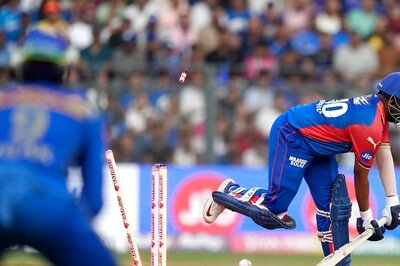


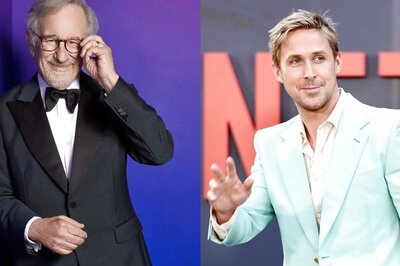
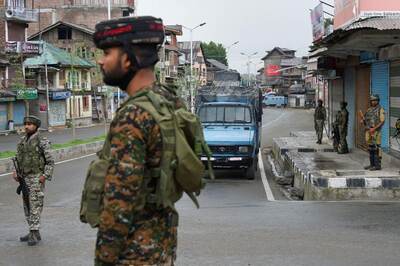
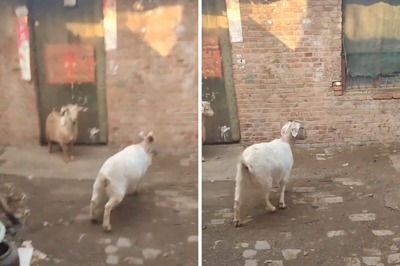

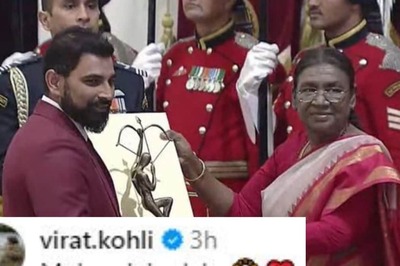
Comments
0 comment